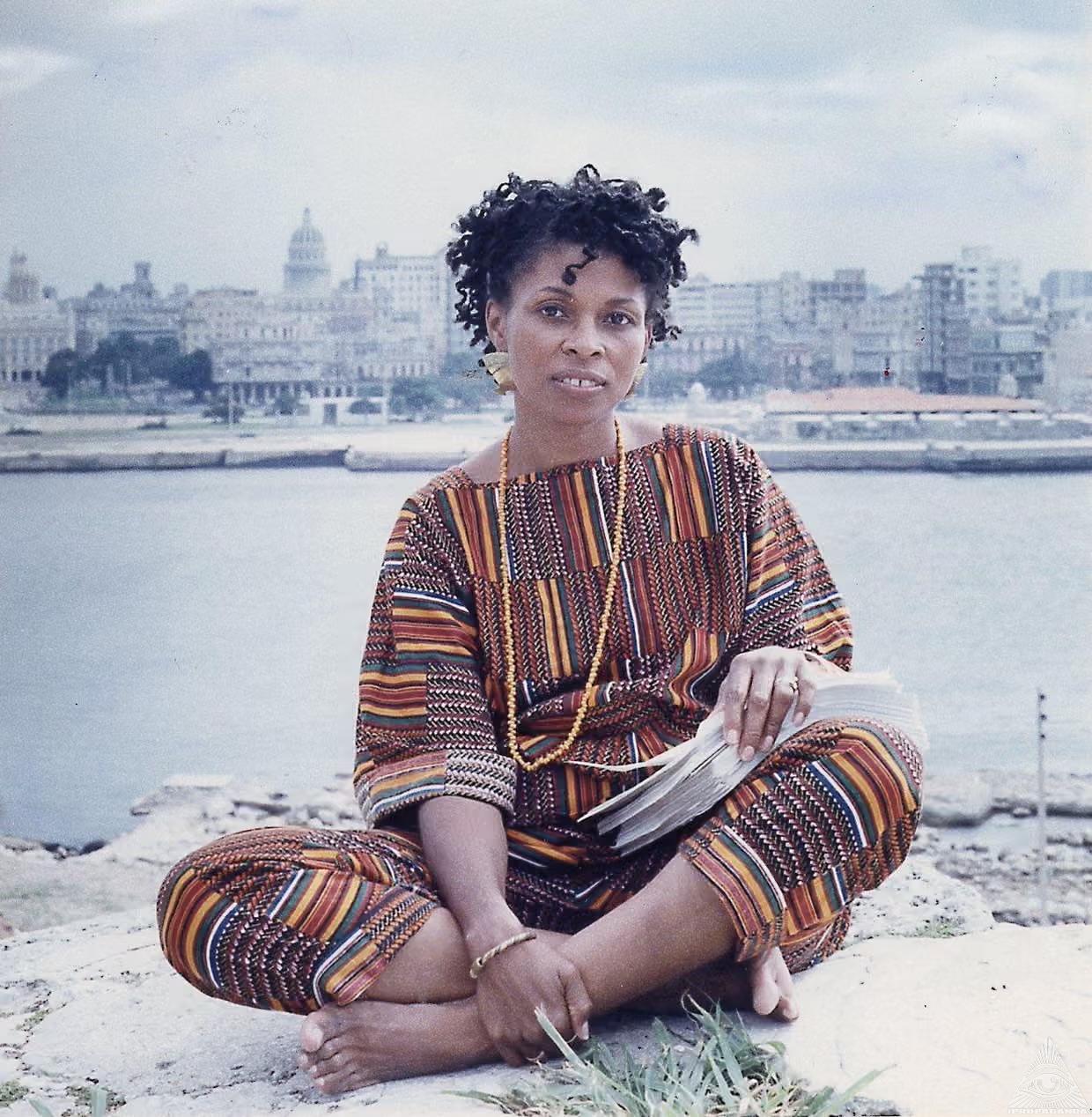
Assata Shakur is gone, but the struggle she embodied refuses to die. The news of her passing at 78 is not just the closing of a chapter in radical history—it is a mirror held up to America’s present. Shakur was a symbol of uncompromising resistance: branded a criminal by the state, celebrated as a freedom fighter by many, and exiled in Cuba for more than four decades. Her life forces us to confront the uncomfortable truth that freedom in America has never been given freely—it has always been contested, demanded, and defended. And in this moment, when democracy itself is being chipped away by voter suppression, authoritarian rhetoric, and attacks on individual rights, her legacy arrives as both a warning and a call to action. The question is not whether we agree with every choice she made, but whether we understand the urgency of her commitment—and whether we are prepared to summon the same resolve in the battles before us.
Why Resistance Still Matters
Assata Shakur’s passing is more than a historical footnote — it is a haunting reminder that in this country, a woman who dared to resist was designated a fugitive, hunted by the state, and forced into exile. 19th News+3AP News+3PBS+3 Whether one agrees or disagrees with her methods or decisions, her life speaks to a truth that is seldom spoken aloud: when power becomes unchecked, dissent becomes essential.
In the current American political climate—where the language of democracy is invoked even as institutions are weakened, where protest is branded dangerous, and where rights are contested—her example calls us to attention. This is no time to shrink back, or to whisper in safe shadows.
The Stakes Are Too High for Passivity
Consider what’s happening around us:
Voting rights are under assault. Gerrymandering, restrictive laws, and purges of voter rolls are weakening the power of individual ballots, especially in marginalized communities.
Speech is under pressure. Big tech regulation, surveillance, and “cancel culture” narratives are often wielded as tools not just for accountability, but for silencing marginalized voices.
The very concept of government accountability is being eroded — by courts, by executive overreach, by market-driven media consolidation.
In such an environment, resistance is not optional; it is indispensable.
What Resistance Must Embrace
Moral Clarity. Resistance without principle becomes chaos. Assata’s rhetoric, controversial and fraught though it was, challenged us to ask: on which side do you stand? What are your non-negotiables? As she once wrote, “It is our duty to fight for our freedom. It is our duty to win.” AP News+1
Boldness. Dissent that hides is ineffective. The regimes that silence dissent count on fear and passivity. The moment demands forms of resistance that are visible — protests, direct action, grassroots organizing — not merely commentary from the sidelines.
Commitment. Resistance is not a one-off. It’s a life’s work. In turbulent times, people will be intimidated, coerced, or exhausted. The difference will be made by those who show up repeatedly, who endure sacrifice beyond the spotlight.
Intersectionality. Freedom is indivisible. The attacks on civil liberties, racial justice, gender autonomy, economic justice — they all feed into the same project of control. Effective resistance must weave these struggles together rather than treat them as siloed.
Criticism Is Part of the Journey
Yes, there will be detractors. She was branded a “terrorist” by U.S. authorities. AP News+2Reuters+2 Many will point to her criminal conviction, her escape, her radical alliances. But here is a reality we cannot evade: the same states that prosecuted her are the ones resisting scrutiny today. If we allow only the “safe” dissent — dissent that never challenges structures of power — then we have already surrendered most of what we call freedom.
We must hold both truths: critique matters, but so does courage. Sometimes the most urgent demand is for those who will refuse to be neutral in the face of injustice.
A Charge to the Present
Let Assata Shakur’s life and legacy challenge us now—not to imitate her precisely, but to draw from what her life teaches:
To resist fearfully is to concede.
To abandon hope is victory for those who wish to see us silenced.
To skirt risk is often to live compromised.
We are in a moment where democracy must be defended — not as an abstract ideal, but as a living, breathing guarantee of dignity, voice, and choice for every person. And that defense will require more than watchful eyes or polite disagreement. It will demand resolve, audacity, and the willingness to be uncomfortable.
So rise. Speak. Organize. Resist. That is what freedom demands — not as a gift, but as a struggle.
